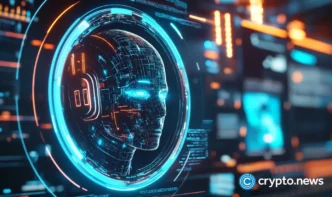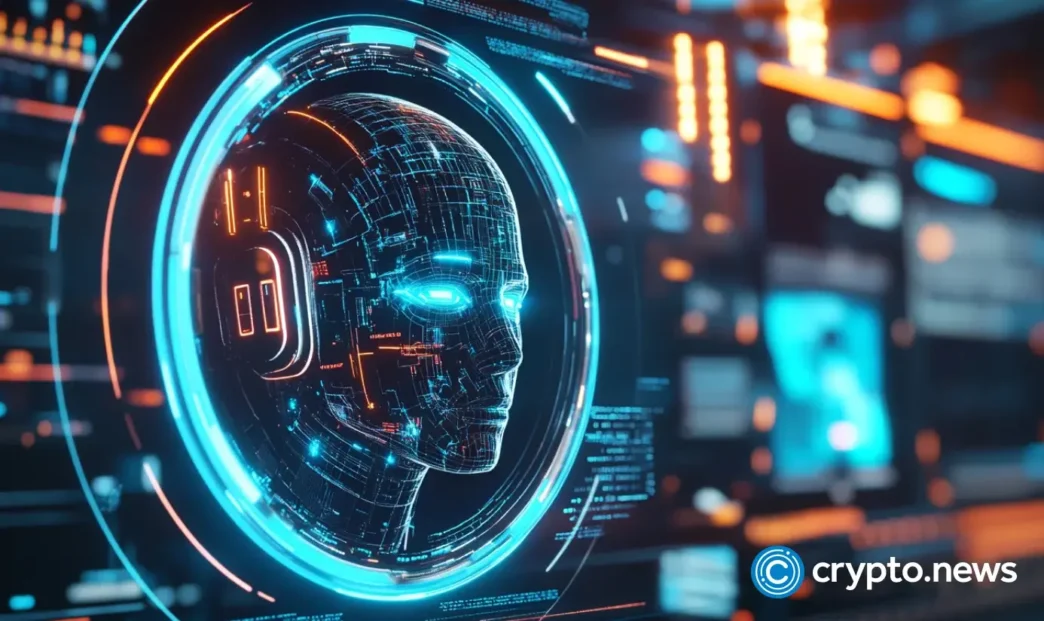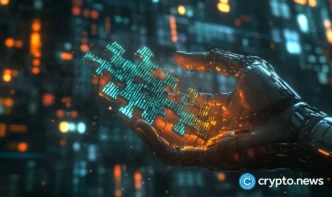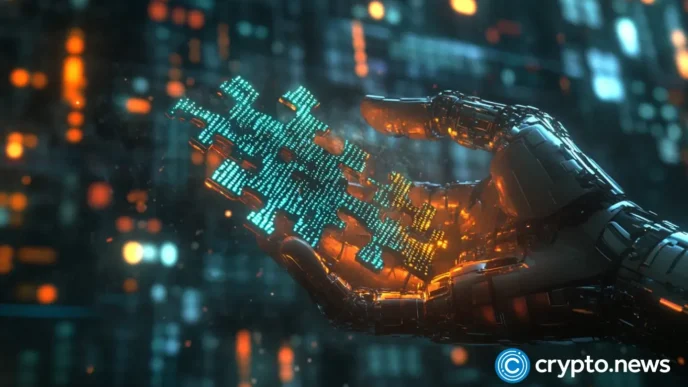[ad_1]
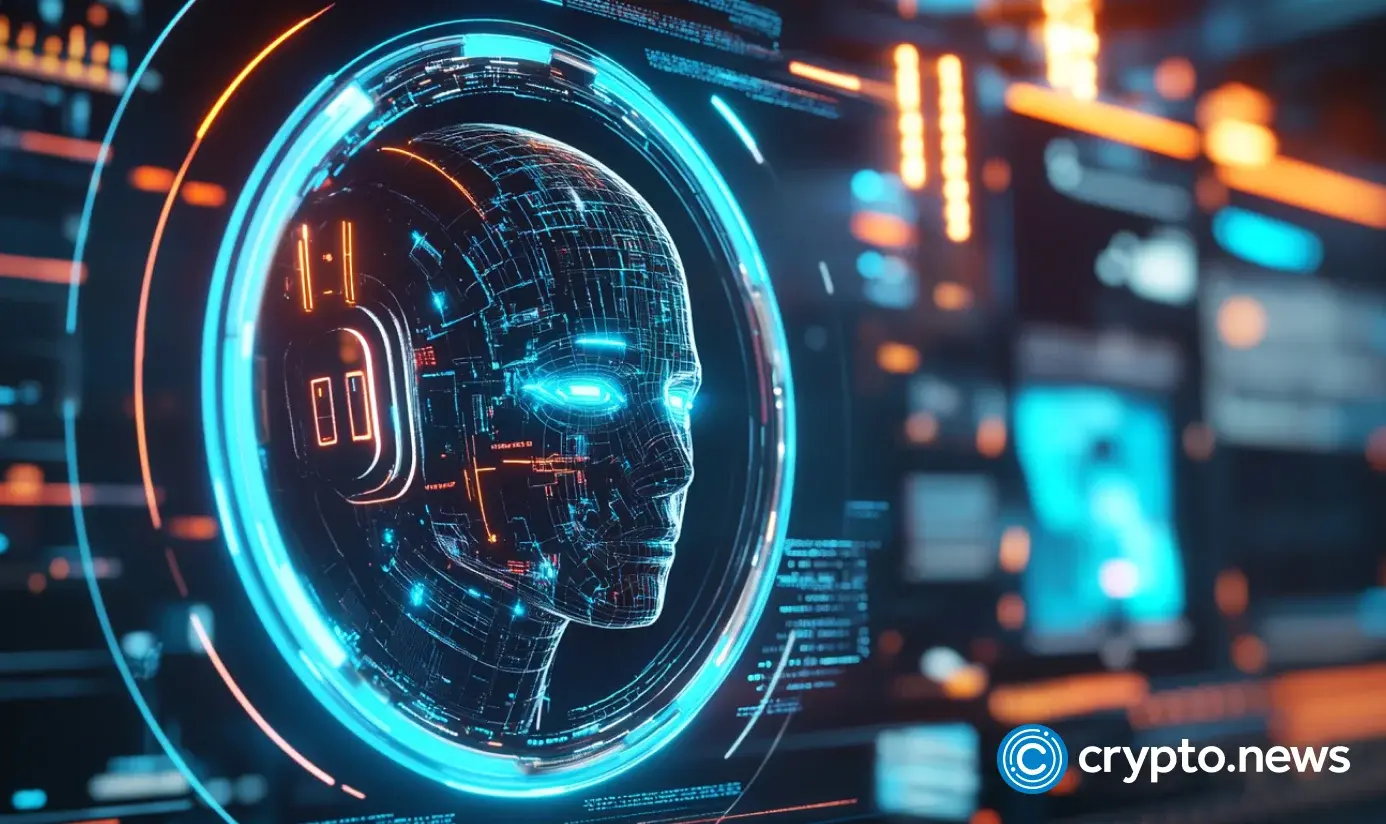
Disclosure: The views and opinions expressed here belong solely to the author and do not represent the views and opinions of crypto.news’ editorial.
The 21st century has featured no shortage of high-tech buzzwords that would be sure to pique any bona fide technologist’s interest. Blockchain, big data, cloud computing, the internet of things, machine learning…the list will continue growing exponentially. As a quarter century has passed in the 2000s, artificial intelligence and cryptocurrencies seem to be among the most prominent innovations that remain poised to continue transforming society.
At first glance, AI and crypto might seem fundamentally different in terms of technology and philosophy. While crypto focuses on cryptography, decentralization, and economics, AI centers around statistics, neural networks, and big data. However, when combined harmoniously, these two technologies have the potential to drive more fair and significant progress than either could achieve independently.
Centralization, security, and efficiency in AI vs. crypto
Foundations of AI development, such as large language models and neural networks, offer unparalleled scale and sophistication but often concentrate significant power in AI developers, such as OpenAI. This centralization can come at the expense of user privacy, security, and autonomy. Conversely, crypto networks prioritize user control over raw computational power, yet they face challenges with scalability, accessibility, governance, and broader adoption.
By finding opportunities for synergy, decentralized crypto can help counter the weaknesses of centralized AI and vice versa. This collaboration enables AI to develop in a safer manner, delivering powerful, beneficial features that serve humanity without being driven solely by special interests.
Likewise, incorporating AI into crypto could help expand its role beyond a niche, allowing it to fulfill its potential as a practical tool for equitable, democratic participation in technology, finance, and other areas of daily life. For example, in financial fraud detection and risk management, AI models can process large volumes of transaction data to detect potential fraud, while the blockchain offers a secure, immutable record. This combination strengthens the reliability of AI-driven decisions while increasing confidence in automated systems.
Synergies in privacy and authentication processes
The immense scale and complexity of modern AI often come at a high cost to user privacy, security, and autonomy. However, innovations inspired by crypto’s emphasis on decentralization can help address these challenges and promote fair outcomes. Centralized data collection, essential for training AI models, inherently clashes with individual privacy rights.
Consider a scenario where a large tech company builds an AI-driven personal assistant that learns about you over time by accessing your data. If this company changes its services or if users desire control over their data, what options would they have? In comes blockchain technology. Cryptographic techniques, such as zero-knowledge proofs, enable privacy-preserving machine learning without revealing sensitive user data. While these techniques enhance privacy, they currently pose challenges in terms of computational efficiency, model accuracy, and debugging compared to today’s data-intensive methods. However, rapid advancements in zero-knowledge cryptography offer promising potential to bridge these gaps in the coming years.
In a similar vein, cryptographic techniques can prove invaluable in combating the proliferation of AI-generated deepfakes. The immutable properties of blockchain provide a structured way to distinguish and authenticate AI-generated content versus human-created content. The primary challenge will be developing a scalable solution that also preserves user privacy. Furthermore, computational data storage is essential in this type of authentication structure. Effective solutions for combating deepfakes will need to cover video, audio recordings, text, and images. When implemented correctly, blockchain can play a crucial role in ensuring we can reliably and efficiently pick out human content in a sea of AI-created counterfeits.
A way forward
Artificial intelligence and cryptocurrencies both offer tremendous technological potential yet suffer from unresolved challenges. Crypto often lacks the user-friendly sophistication needed for widespread adoption, while AI in its current form may further extend the reach of centralized big tech.
By thoughtfully merging these two transformative technologies, we can create a synergy where each addresses the other’s limitations. This could lead to a new era of blockchain-enabled AI, which prioritizes privacy and unlocks powerful new applications. The potential is vast, with exciting possibilities emerging from grassroots development. As we embrace this evolving reality, our focus should extend beyond simply adopting new technologies to rethinking how we engage with the world around us. It’s about building a future that uses digital innovation to enhance human experiences to make sure that society progresses in an inclusive and responsible way.
[ad_2]
